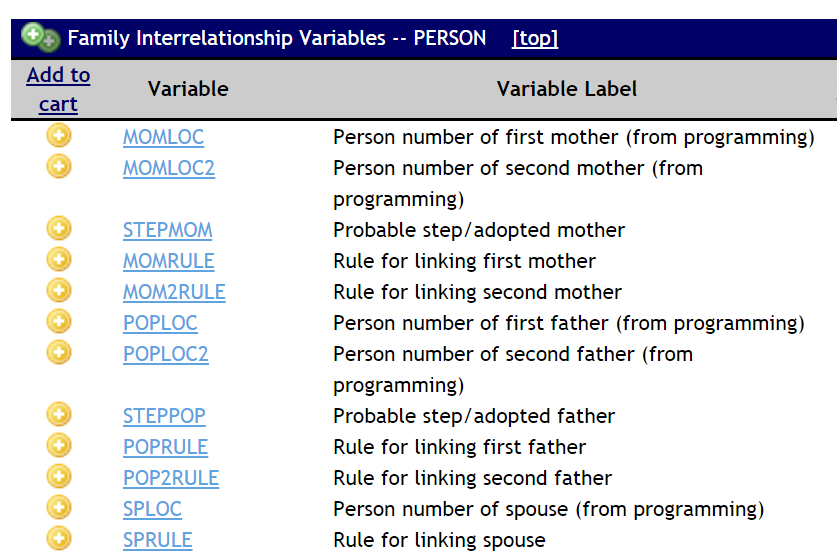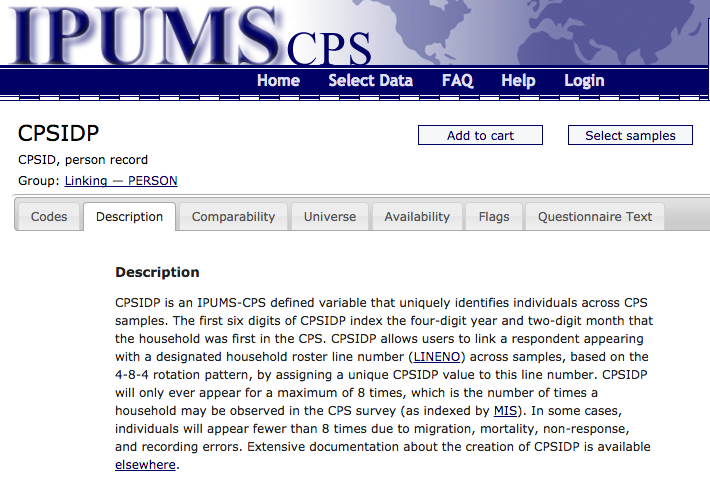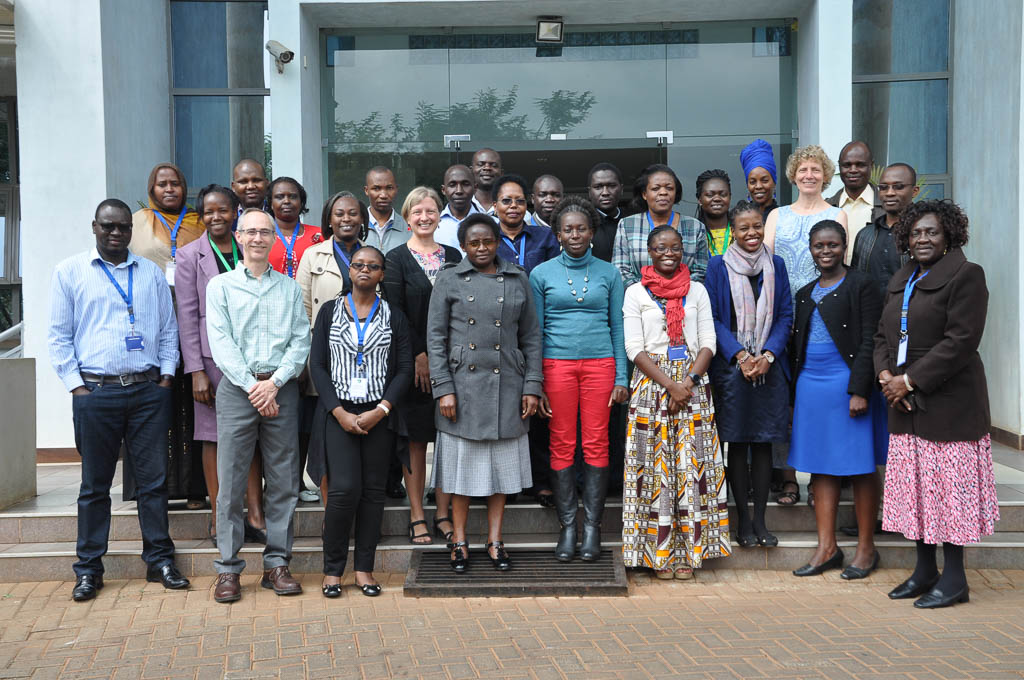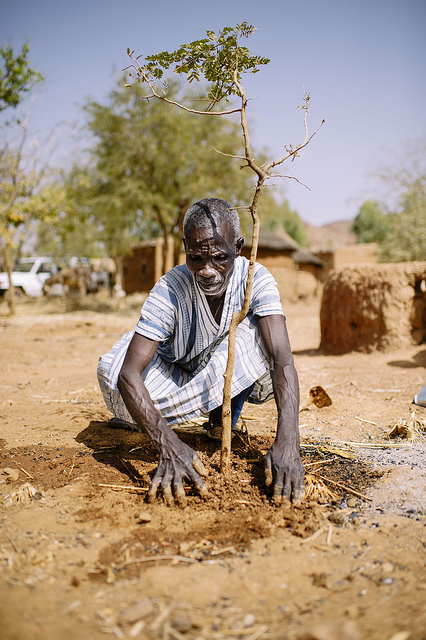
Researchers from Cornell University, the University of Minnesota, and the Minnesota Population Center have used IPUMS Time Use data to find that mothers are less happy than fathers with their parenting duties. Mothers report more stress and greater fatigue than fathers. This experience gap is attributed to the differing tasks of each parent. The paper was recently published in the American Sociological Review.






